In a surprising turn of events, tech mogul Elon Musk, known for his staunch advocacy for free speech, has seemingly backed down in his battle with Brazilian judges. X (formerly Twitter) accounts that were previously ordered suspended by Brazilian courts will remain so, despite Musk’s initial defiance. This development underscores the complex interplay between free speech ideals, legal constraints, and the growing influence of social media platforms in shaping global discourse.
The Clash of Ideals
Musk’s acquisition of Twitter and subsequent rebranding to X was accompanied by a promise to transform the platform into a bastion of free speech. However, this vision has repeatedly clashed with legal frameworks and societal norms across different countries. In Brazil, a court order mandated the suspension of certain X accounts linked to the dissemination of misinformation and hate speech. Musk initially resisted, arguing that such actions infringed upon the fundamental right to free expression.
The Backdown and Its Implications
Musk’s recent decision to comply with the Brazilian court order signals a pragmatic shift in his approach. While he remains a vocal proponent of free speech, this concession highlights the limitations of his influence in the face of established legal systems. The move has sparked debate among observers, with some praising his adherence to the rule of law, while others criticize it as a betrayal of his core principles.
Key Questions Raised
- Where does free speech end and harmful content begin? The Brazilian case highlights the ongoing struggle to define the boundaries of acceptable expression on social media platforms.
- Can tech giants like Musk dictate global discourse? The incident underscores the growing power of social media platforms and their potential to shape public opinion and political narratives.
- How can legal systems keep pace with the evolving digital landscape? The rapid evolution of technology presents challenges for lawmakers and regulators in striking a balance between free speech and responsible content moderation.
The Broader Context
This incident is not an isolated one. Tech companies, including X, have faced increasing scrutiny and regulatory pressure worldwide. Governments are grappling with the challenges posed by the spread of misinformation, hate speech, and online extremism. The tension between free speech ideals and the need to protect individuals and societies from harmful content is likely to persist in the years to come.
Looking Ahead
Musk’s concession in Brazil may be a temporary setback, but the broader debate over free speech and content moderation on social media platforms is far from settled. As technology continues to evolve and its impact on society grows, the clash between ideals and legal constraints will continue to shape the digital landscape. The challenge for tech companies, governments, and individuals alike is to find a way to navigate this complex terrain while upholding the principles of free expression and ensuring the safety and well-being of online communities.

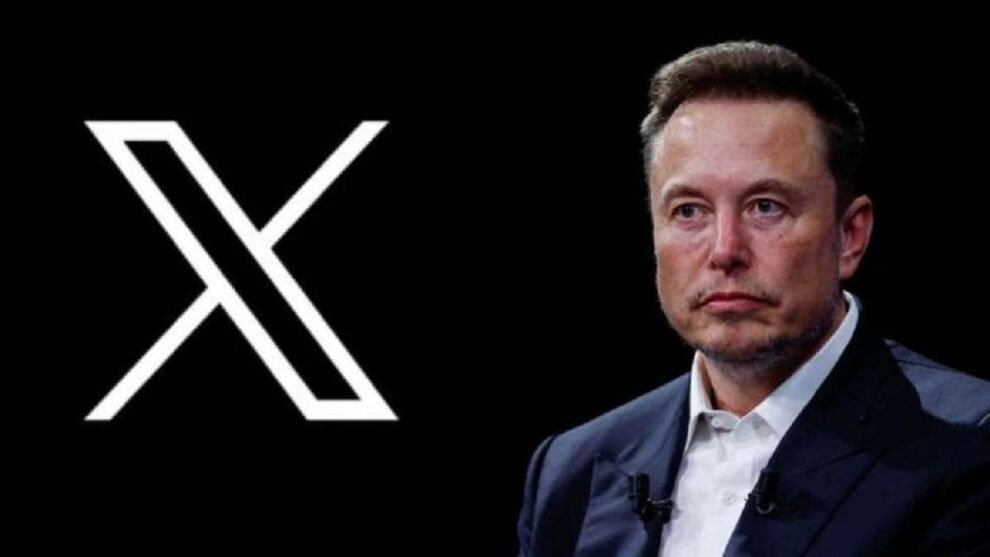
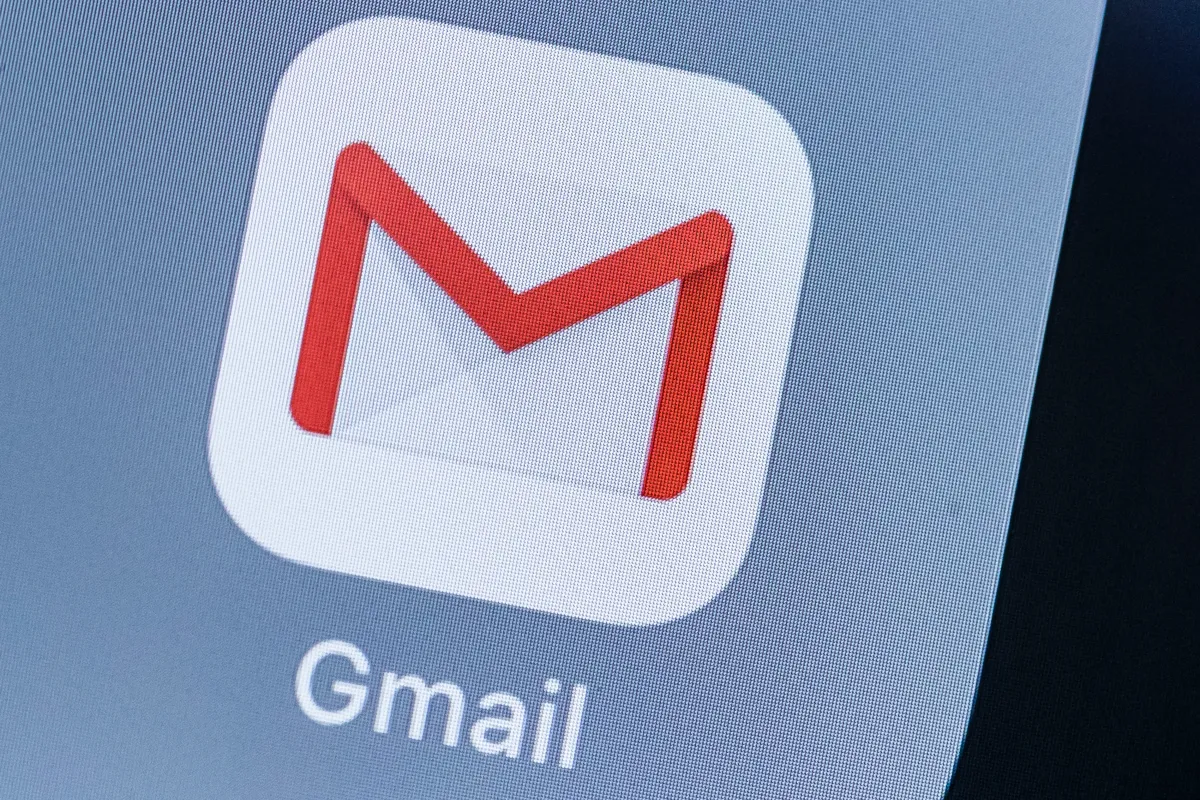

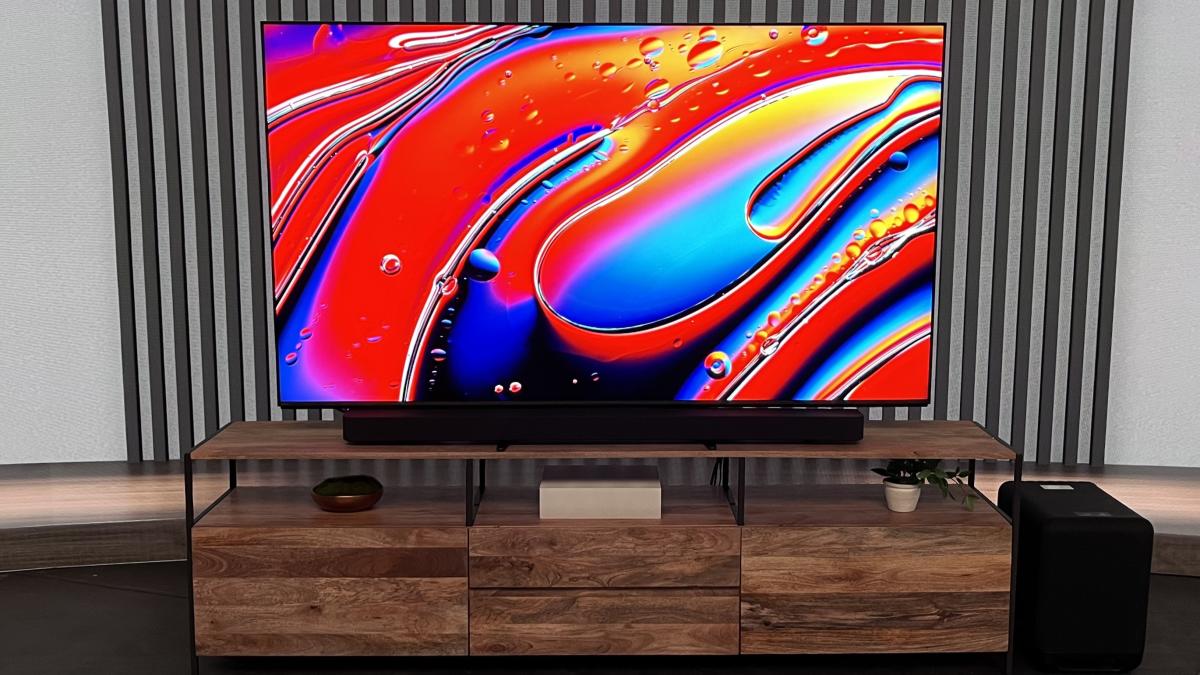
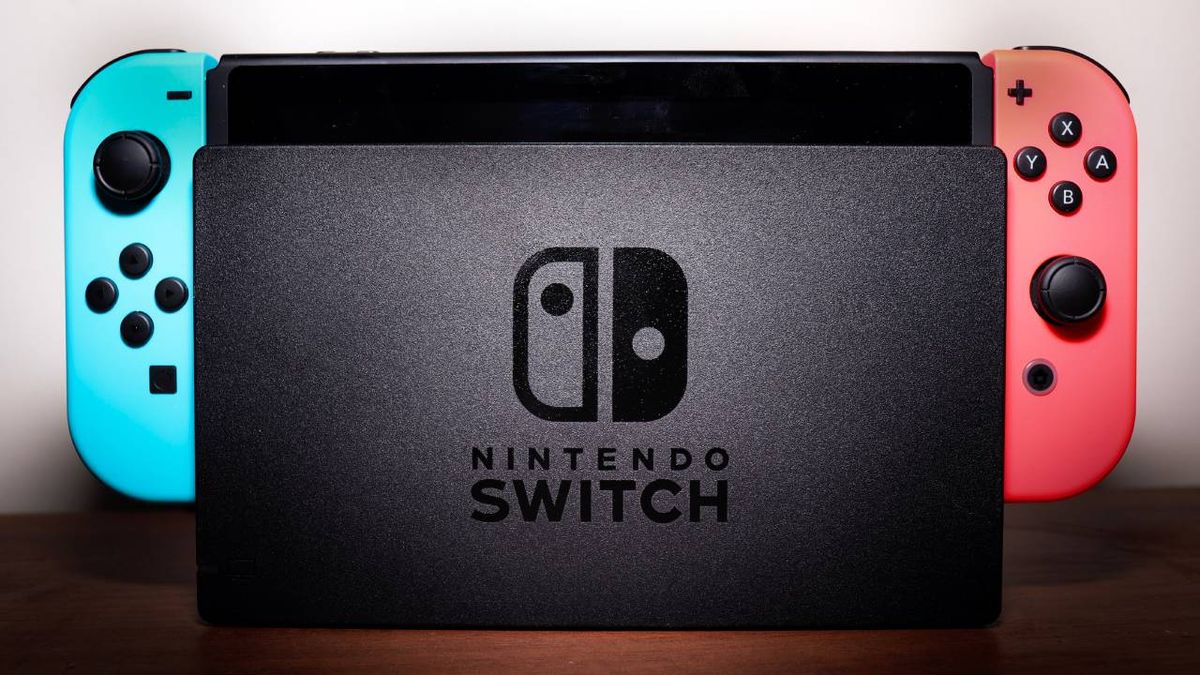

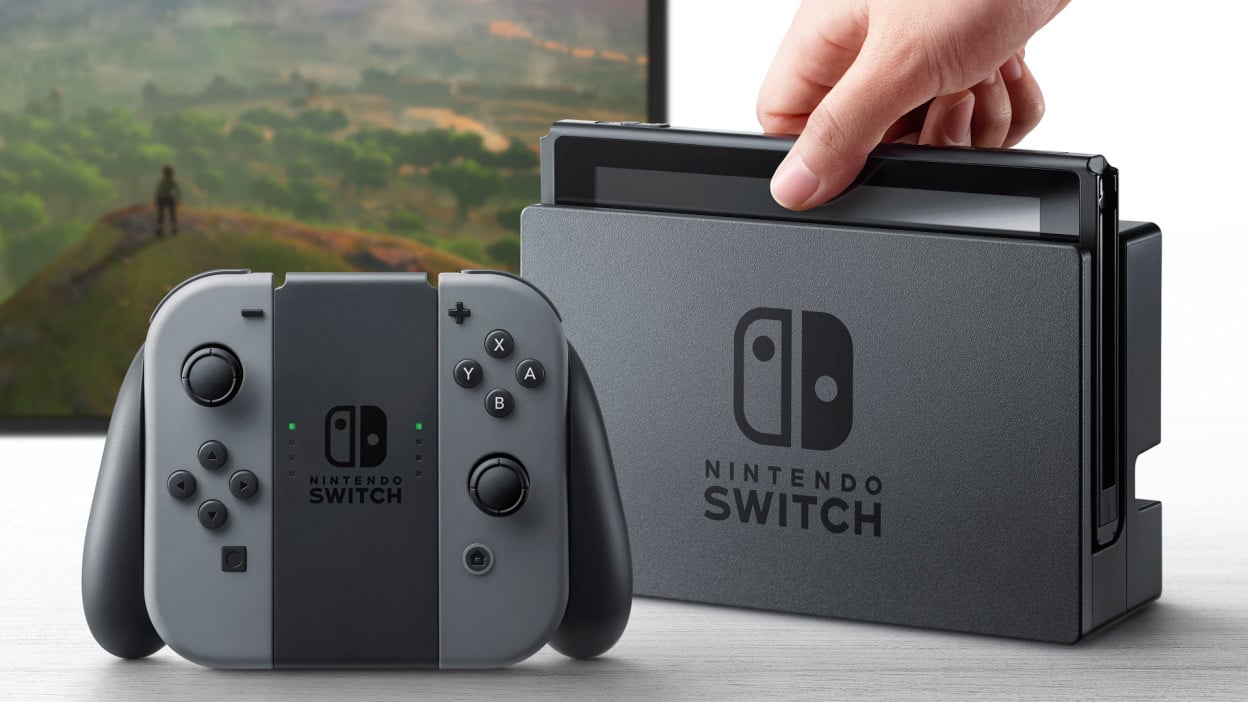
Add Comment